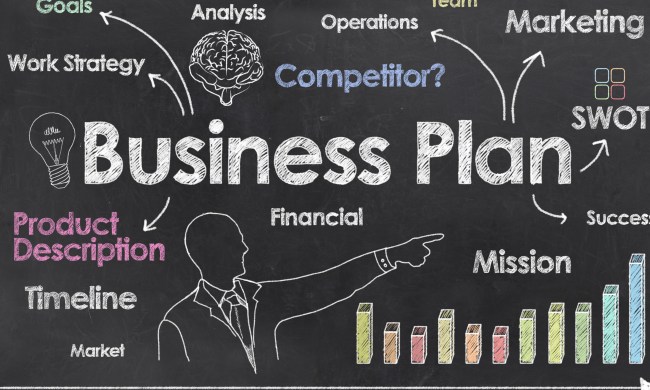Suppose that you’re on a journey to Treasure Island. You’ve signed aboard the Hispaniola, and Long John Silver is giving you the evil eye. Unless you can lead the pirates to the treasure, you’re done for. However, you’re not worried because you have a map that you know is accurate. If you follow it, there may be storms along the way, but you know in the end you’ll be digging up a chest filled with gold.
If you were Jim Hawkins, the main character in Robert Louis Stevenson’s Treasure Island, that map would be a life-or-death issue. While your actual life may not depend upon it, a business plan for a construction startup can be a matter of survival for the business you want to begin. That business plan is your map, and your success is the treasure on the island.
When you write a business plan for a construction company, you’ll demonstrate that you have a detailed direction and strategy to grow and prosper. Thankfully, putting together a business plan doesn’t have to be as tricky or as involved as you may think.

This is why you need a construction-business plan
Whether you’re just starting or you’ve been in business for a while and want to grow, a business plan is a vital asset. For example, many startup founders need funding. To gain it, you’ll have to approach lenders or investors. Both will want to see that you have a plan for success. Additionally, your business plan is a document that you can come back to in order to gauge how far you’ve come in meeting specific goals. If you need to, you can revise them. You can also remove goals you’ve met and replace them with new ones.
Where can you use a construction-business plan to gain funding?
As previously noted, your primary sources of funding will likely come from the bank or private investors. Both will want to look at your business plan to see whether your ideas are realistic and make business and financial sense.
Before handing you any cash, any bank will want to see that you have strong potential for repaying loans with interest. Meanwhile, investors will want to know that you can provide them with a healthy return on their investment.
Start off your plan by establishing your goals and identity
Knowing your goals and identity is crucial because they’ll give you your starting and end points. You’ll know your point A and point B. Writing your business plan is plotting that path between these points. Additionally, by establishing your goals and identity, you’ll craft clear mission and vision statements.
There are two kinds of business plans
Now, there are two different kinds of business plans from which a construction business can choose. There’s the more traditional, in-depth plan that you can tailor to fit your industry, and there’s the lean startup business plan. If you already have funding and need to outline major goals for the next few years, you might want to go with a lean startup plan. However, we’ll assume that you don’t have money yet and need a plan that can help you gain it.
Build your traditional business plan
The first part of your plan that you’ll need to put together is your executive summary. Exactly as its name sounds, you need to summarize your services and provide basic information on your business. That information includes such things as where you’re located, your employees, and your executive team. If you’re planning on pursuing funding, then you should also provide accurate and honest (no padding) financial information and show how you plan to grow.
Company description
In this section, you need to provide details on the services your construction business will provide. You’ll also need to be specific about the types of clients you plan to serve. For example, will you be primarily building residential or commercial buildings? What kinds of organizations and businesses will benefit from what you do?

Other sections you should include
The following sections should be included in your plan:
- A market analysis: Show that you understand the market in the area you plan to do business in. Talk about your strengths and be honest about your weaknesses. Discuss your competitors and any plans you have for beating them at their game.
- Organization and management: Who’s going to run your company? How will leadership be structured? What kind of legal entity will you have? Go into detail here.
- Services: Go into detail on your services and how clients will benefit.
- Marketing and sales: How will you let clients know you exist? Do you have a plan for bringing in clients and closing them? How will you gain referrals?
- Funding request: Here’s where you’ll make the monetary ask. How much will you need, and over what time frame? What will you use the money for? Be clear and detailed about whether you’re asking for debt or equity and what kind of terms you’d like.
- Financial projections: Show why you believe your funding request is justified by providing a clear picture of how your business will be financially successful.
- Appendix: Provide all supporting documents in this section. These typically include things like your credit history, photos of completed projects, letters of reference, and résumés.
Remember that business is a bit like a game. You need to play to win. Winning teams have playbooks, and your construction-business plan is yours.


